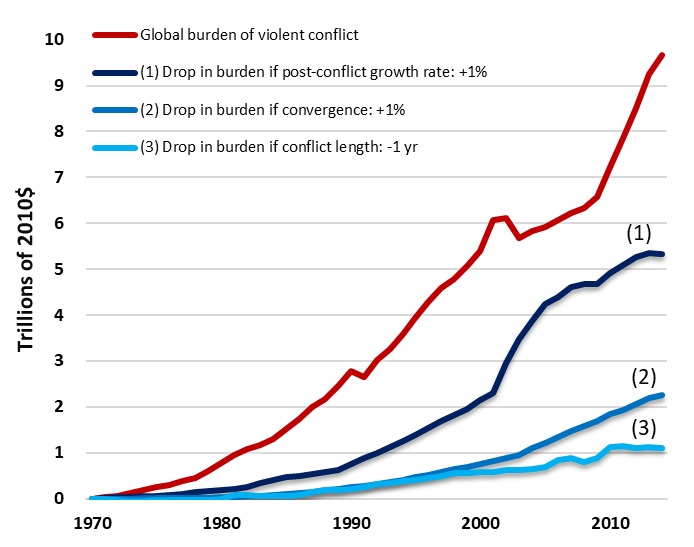
Economic War Fallout: Global Impact and Resilience
Economic wars, characterized by trade disputes and sanctions, cast long shadows over the global economic landscape. In this exploration, we dissect the multifaceted effects of economic warfare and discuss strategies for resilience in the face of such challenges.
Understanding Economic Warfare: Trade Disputes and Sanctions
Economic warfare involves the use of economic tools as instruments of coercion between nations. Trade disputes, tariffs, and sanctions are common tactics employed in this arena. Understanding the dynamics of economic warfare is crucial to comprehending the far-reaching consequences it can have on nations and their economies.
Global Supply Chain Disruptions: The Ripple Effect
One of the immediate and tangible effects of economic wars is the disruption of global supply chains. Tariffs and trade barriers can lead to increased production costs and supply chain inefficiencies. This ripple effect touches industries worldwide, impacting businesses, consumers, and the overall interconnectedness of the global economy.
Impact on Currency and Exchange Rates: Volatility Unleashed
Economic warfare often triggers currency volatility and fluctuations in exchange rates. Nations engaged in economic conflicts may manipulate their currencies to gain a competitive edge. This volatility poses challenges for businesses engaged in international trade, affecting pricing, profit margins, and financial planning.
[For more in-depth insights into Economic War Effects, visit dearakana.my.id.]
Deterioration of International Relations: Strained Alliances
Economic wars strain diplomatic relations between nations. Trade disputes and sanctions can lead to a deterioration in international cooperation, hindering diplomatic efforts to address shared challenges. Rebuilding trust and fostering open dialogue become crucial in mitigating the fallout and seeking diplomatic solutions.
Business Uncertainty and Investment Climate
The uncertainty generated by economic warfare creates a challenging environment for businesses. Investors often hesitate to commit to long-term projects or expansions due to the unpredictable nature of economic conflicts. This hesitancy can stifle economic growth and innovation, affecting both local and global economies.
Consumer Impact: Higher Costs and Limited Choices
Consumers bear a significant burden in economic wars. Tariffs and trade restrictions can lead to higher costs for imported goods, limiting choices and impacting the purchasing power of individuals. The cost of living may rise, and certain products may become less accessible, affecting the daily lives of consumers.
Strategies for Economic Resilience
In the face of economic war fallout, nations and businesses must adopt strategies for resilience. Diversifying supply chains, exploring new markets, and implementing risk management measures can help mitigate the impact of economic conflicts. Proactive economic policies that prioritize stability and sustainable growth are essential for weathering the storm.
Global Cooperation for Economic Stability
To address the challenges posed by economic wars, global cooperation becomes paramount. International organizations, such as the World Trade Organization (WTO), play a crucial role in facilitating dialogue, resolving disputes, and promoting fair trade practices. Collaborative efforts can help build a more stable and resilient global economic system.
Investment in Innovation and Technological Advancement
Amid economic challenges, nations and businesses can invest in innovation and technological advancement as a means of fostering economic resilience. Embracing digital transformation, developing sustainable technologies, and investing in research and development contribute to long-term economic competitiveness.
Conclusion: Navigating Turbulent Economic Waters
In conclusion, the fallout from economic wars is complex and far-reaching. Nations and businesses must navigate these turbulent economic waters with a focus on resilience, cooperation, and innovation. By understanding the effects of economic warfare and implementing strategic measures, the global community can work towards building a more stable and interconnected economic future.




